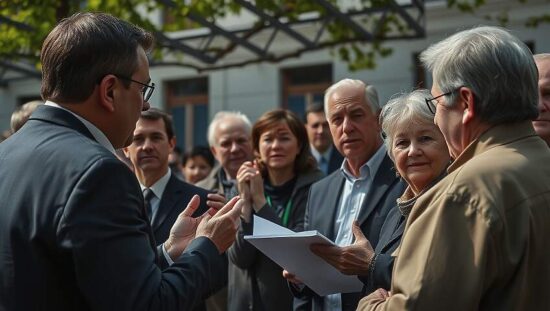A proposal by the Christian Democratic Union (CDU) in Schleswig-Holstein to introduce a tax on beverages with high sugar content is facing internal opposition within the party. The initiative, debated and formalized at a recent closed-door meeting in Rendsburg, has drawn criticism from counterparts in the national parliamentary group and the CDU state association of Rhineland-Palatinate.
The proposal, designed to address rising rates of childhood obesity and related health concerns, has sparked a broader political discussion. Johannes Steiniger, the CDU’s parliamentary spokesperson for nutrition, argued that such a tax oversimplifies the complex factors contributing to weight issues, emphasizing that inadequate physical activity combined with a high caloric intake are primary drivers. He advocated for promoting broader participation in sports as a more effective approach, dismissing the proposed age restriction on energy drink sales as similarly unhelpful. These points, he noted, were deliberately excluded from the existing coalition agreement.
Despite the internal dissent, the Schleswig-Holstein CDU’s stance has garnered support from unexpected corners. Federal Family Minister Karin Prien, representing the region and instrumental in presenting the proposal, has voiced her backing. The SPD parliamentary group has also expressed support, with parliamentarian Svenja Stadler urging a parliamentary debate on the matter. She contended that voluntary commitments from the food and beverage industry have failed to achieve necessary improvements in dietary habits.
Former Agriculture Minister and Green Party’s leading candidate for the Baden-Württemberg state election, Cem Özdemir, also welcomed the initiative, suggesting a model akin to that implemented in the United Kingdom. He underscored the importance of making healthy food options more accessible and suggested that pricing mechanisms could be a valuable component in achieving this goal.





